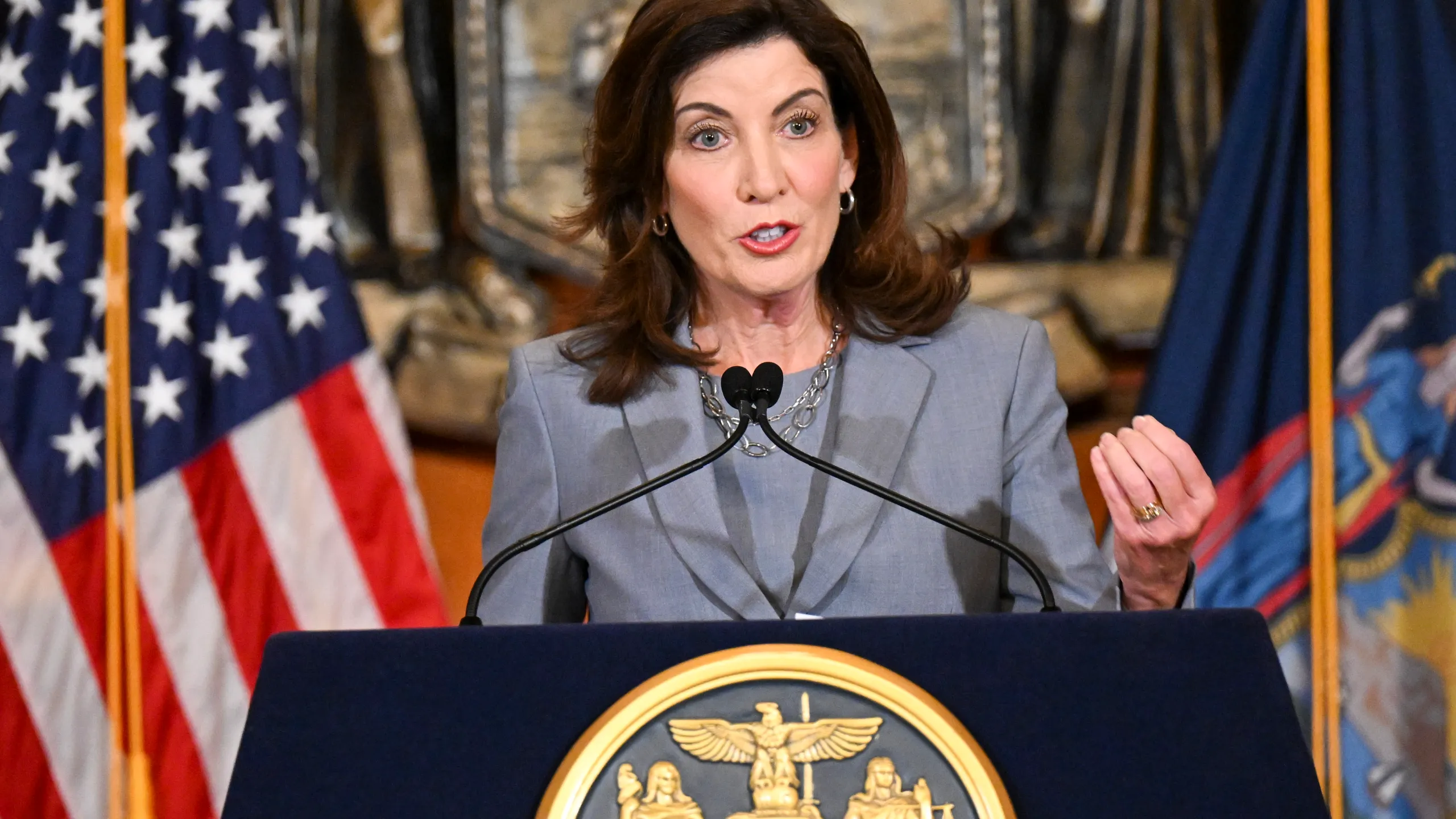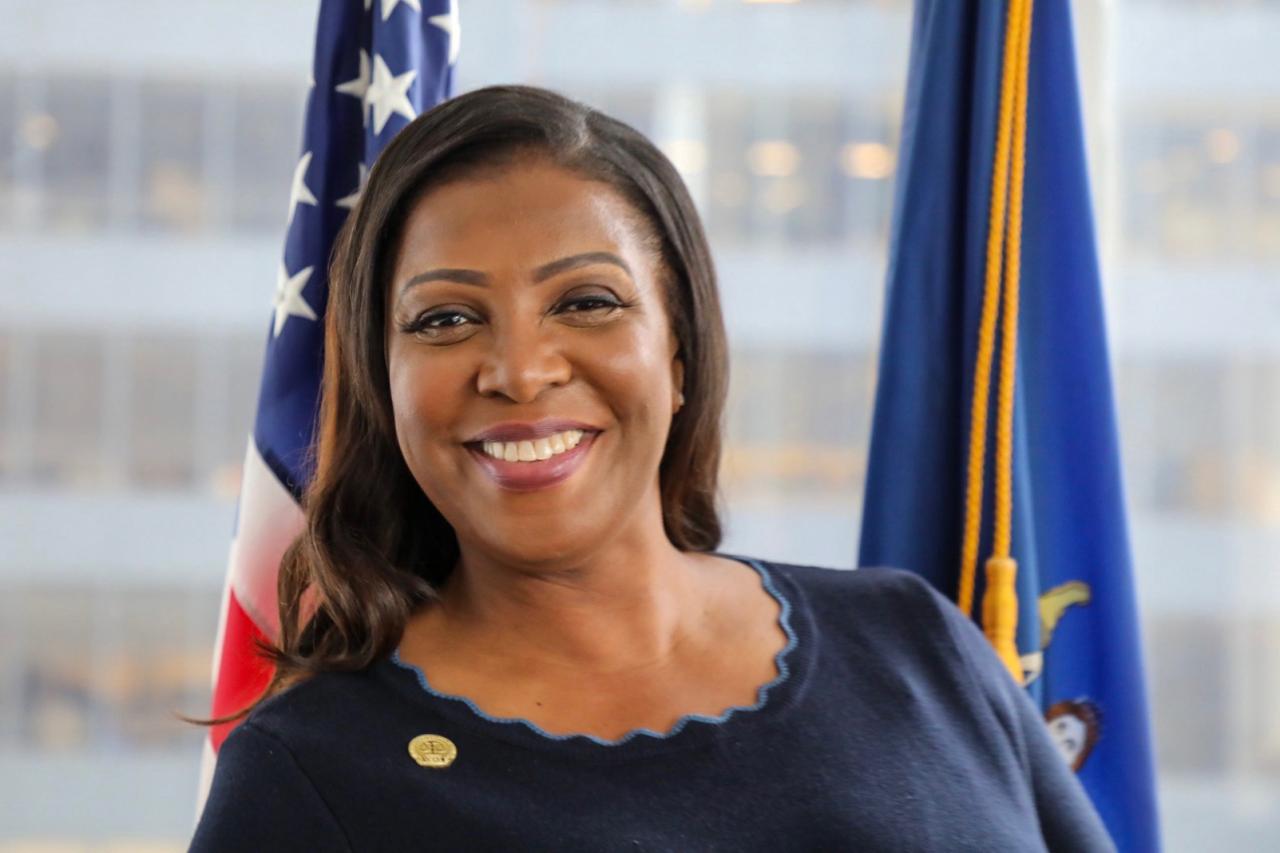By Mike Hudson;
Reefer madness indeed.
Statements made recently by President Donald Trump’s Homeland Security Secretary and Attorney General would seem to indicate that a crackdown on marijuana — even for medicinal use — may be in the cards.
Marijuana is the most commonly used illicit substance in the U.S., and more than half of states in the country allow some form of medical marijuana. Eight states and the District of Columbia allow recreational use.
But Homeland Security Secretary John Kelly has called marijuana a “gateway drug” and vowed his agency will uphold federal laws against its possession.
“Let me be clear about marijuana. It is a potentially dangerous gateway drug that frequently leads to the use of harder drugs,” Kelly said during a speech about his agency’s mission at George Washington University in Washington, D.C.
“Its use and possession is against federal law and until the law is changed by the United States Congress, we in DHS, along with the rest of the federal government, are sworn to uphold all the laws that are on the books,” he added.
Kelly seemed to go out of his way to say marijuana is not something the Trump administration takes lightly.
“When marijuana is found at aviation checkpoints and baggage screening, TSA personnel will take appropriate action,” Kelly said. “Finally, ICE will continue to use marijuana possession, distribution and convictions as essential elements as they build their deportation, removal apprehension packages for targeted operations against illegal aliens.”
And Attorney General Jeff Sessions has been a longtime opponent of cannabis, even for medicinal use.
Current Justice Department policy, spelled out during the administration of former President Barack Obama in 2013, calls for federal prosecutions in only a narrow subset of possession cases — those involving distribution to minors, the involvement of gangs or organized crime, sales across state borders and cultivation of marijuana plants on federal land.
But Sessions remains unimpressed.
“It remains a violation of federal law,” he said. “I don’t think America will be a better place when more people, especially young people, smoke pot.”
At his confirmation hearings, Sessions said he wouldn’t commit to “never enforcing” the federal ban against its possession even for medicinal use.
All of this flies in the face of considerable scientific research. In a massive, 396 page report released by the National Academy of Sciences earlier this year based on 10,000 research studies, the therapeutic and benefits and risk factors of marijuana were weighed.
The review states quite clearly that there is “conclusive or substantial evidence” that marijuana is effective for the treatment of chronic pain, as a tonic for nausea and vomiting in cancer patients undergoing chemotherapy, and in treating spasticity in multiple sclerosis patients.
The review, conducted by a panel of experts led by Harvard public health researcher Marie McCormack, also provided convincing evidence that marijuana may be an effective treatment for a host of other disorders — such as insomnia relating to painful syndromes, increasing appetite in people with HIV/AIDS, decreasing severe anxiety, glaucoma, and combating the effects of PTSD.
The review also looked at the health risks associated with marijuana use, dispelling some popular arguments against it. For example, according to the review of the research, smoking marijuana is not associated with the same cancer risks as tobacco — there was no evidence that marijuana use was associated with lung, head, and neck cancers. Tobacco, unlike marijuana, is recreationally legal nationwide.
“It just reinforces what our policy makers should already know,” said McCormack. “This is a product with significantly lower risk factors than other things that we regulate and consume, like alcohol.”
It’s also far less risky than another commonly used pain reliever, one sold over the counter in drug stores, gas stations and convenience stores all over the country. According to the Centers for Disease Control, acetaminophen — commonly marketed under the brand name Tylenol — is the leading cause for calls to Poison Control Centers across the U.S., more than 100,000 per year.
And, each year, the over the counter drug is responsible for more than 56,000 emergency room visits, 2,600 hospitalizations and an estimated 458 deaths due to acute liver failure.
In fact, acetaminophen poisoning is responsible for nearly half of all acute liver failure cases in the country. It can be toxic to your liver even at recommended doses when taken daily for just a couple of weeks.
And, unlike cigarettes, children can buy Tylenol.
For his part, President Trump said he supported the use of medical marijuana while stumping on the campaign trail. Earlier this month, while signing his $1 trillion spending bill, he appeared to be having second thoughts.
He publicly objected to a provision in the bill that would prohibit the Justice Department from using any funds to block implementation of medical marijuana laws by states and U.S. territories.
In a signing statement that accompanied the bill and that laid out his objections, Trump said he reserved the right to ignore the provision. He held out the possibility that the administration could pursue legal action against states and territories that legalize marijuana for medical use.
“I will treat this provision consistently with my constitutional responsibility to take care that the laws be faithfully executed,” Trump said in the signing statement.
Despite the fact that a government sponsored poll conducted earlier this year showed that 57 percent of Americans favor the legalization of marijuana, Attorney General Sessions expressed astonishment.
“When they nominated me for attorney general, you would have thought the biggest issue in America was when I said, ‘I don’t think America’s going to be a better place if they sell marijuana at every corner grocery store,’ ” he said. “They didn’t like that. I’m surprised they didn’t like that.”
Pick your poison. Pay your money and take your choice. Cigarettes, booze, Tylenol or marijuana. There has never been a single recorded overdose death associated with marijuana use, while the death toll from cigarettes, booze and Tylenol combined run to the millions.
Yet Trump, Sessions and Kelly, who have never been on chemotherapy and crawled to a restroom in order to vomit, now seem to make marijuana is a major problem.
They are ignoring what the American public — the people they work for — want.
One wonders what they are smoking.




















